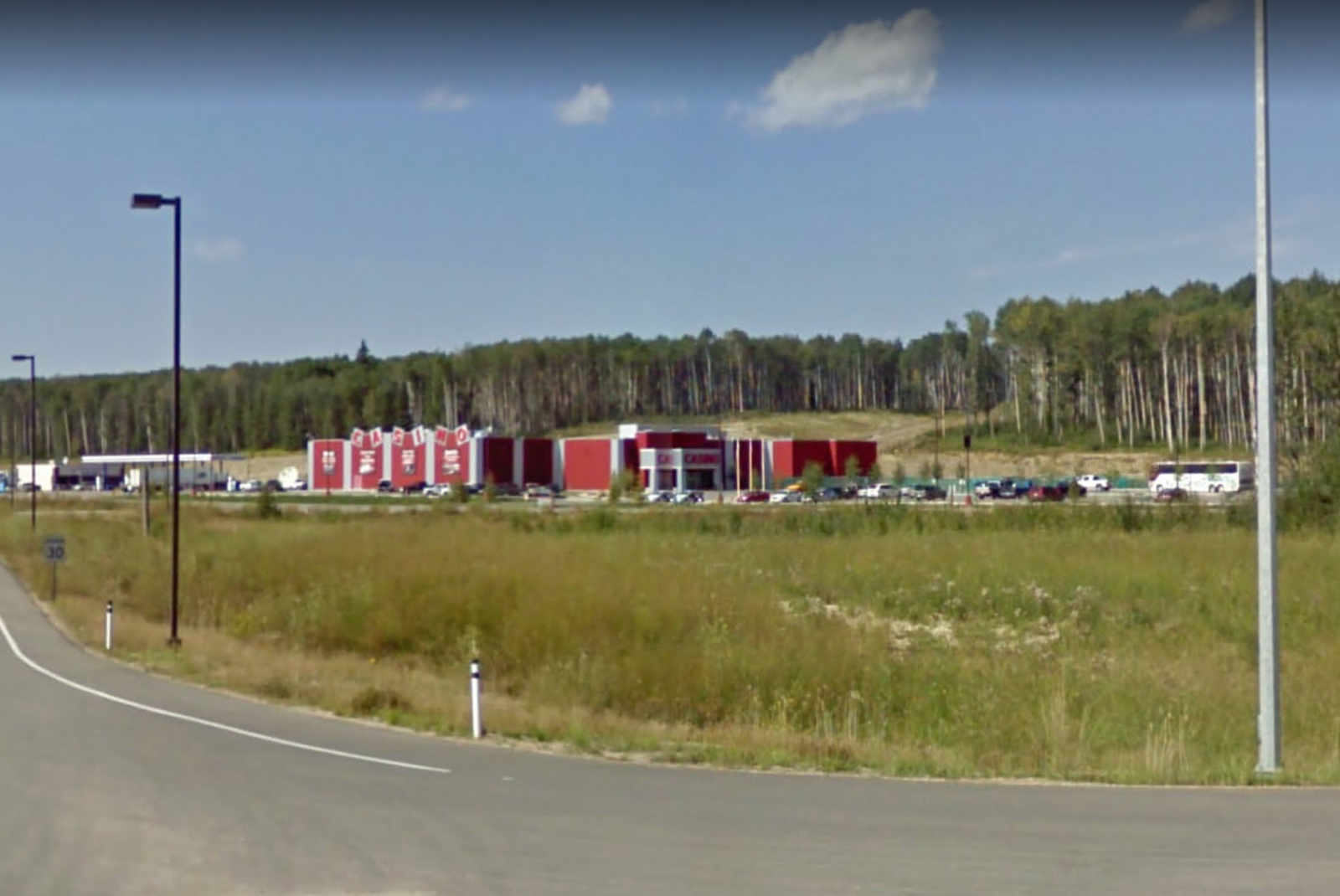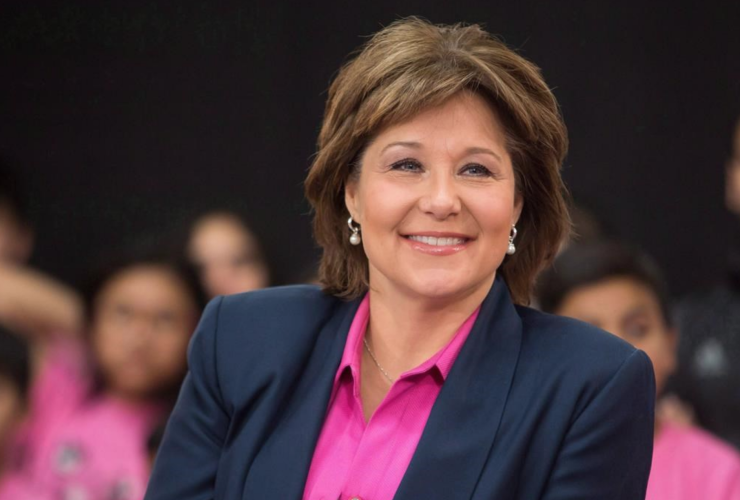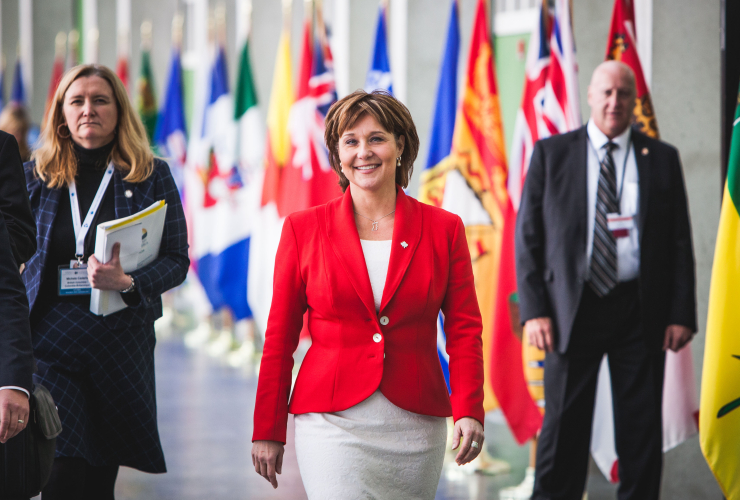Luck isn't being much of a lady to the BC Lottery Corporation.
The Crown corporation is battling a devastating money-laundering scandal for the umpteenth time, as Attorney General Dave Eby released a damning report that had been suppressed by the governing Liberals. Now comes Sam Cooper's report in the Vancouver Sun that former finance minister Mike de Jong warned BCLC in 2015 about large and suspicious cash transactions.
De Jong's warning came as BCLC publicly boasted of record earnings boosted by "exceptional performance" at its casino VIP rooms. According to the BCLC, its strategy was "focused on the unique preferences of players who have the wealth and desire to play at higher limits."
Just to spell it out, this is precisely where experts found the highest vulnerability to money-laundering.
In a routine so repetitive it feels like we’re stuck in Groundhog Day on loop, B.C. casino money-laundering stories break every couple of years like clockwork. The script never changes. A blockbuster news report is followed by assurances from casinos and BCLC that whatever went wrong was all in the past, and now they have the absolute tip-top procedures.
No way can bad guys do anything sketchy.
And yet, they do, over and over again. And by its own account, BCLC's marketing strategy was to pander to the exact demographic most associated with money-laundering: high risk, high volume players betting large volumes of cash.
What could go wrong?
If that weren't bad enough, the Attorney-General's announcement of an independent review comes just as the Crown corporation prepares to celebrate the launch of Paragon Gaming's glittering new gambling palace, the Parq Casino in downtown Vancouver.
Not a good omen.
Don’t let the upcoming big media splash and razzle-dazzle fool you.
By releasing the government's searing assessment of money-laundering vulnerabilities in B.C. casinos on the eve of Parq’s opening, Attorney-General Dave Eby is signalling that BCLC and the province's casinos are in for a new era of oversight and disclosure.
This could get ugly, folks.
Gone are the years when an indulgent Liberal government could shield BCLC from serious scrutiny and reform. While the lottery corporation made major strides in the wake of Michael Graydon’s catastrophic leadership, it hasn’t progressed nearly far enough.
And just as the NDP gets itself settled into government, the curtain is set to rise on the new Parq Casino, BCLC's biggest project yet. There could hardly be a more emblematic symbol of the BC Liberals in government than this project. Well, maybe the LNG dream, but you get the picture.
Sold to us as a cash cow, we’re about to discover this baby is a cash hog.
If you thought only Donald Trump could drive a casino into bankruptcy, let me introduce you to the operators of your new downtown Vancouver casino.
Paragon Gaming experienced very serious financial troubles in both their Alberta casinos. One of its operations, The Eagle River Casino in Whitecourt, Alberta, went bankrupt in the space of only 6 years, notwithstanding the injection of (according to affidavit evidence) over $25 million in First Nations business development subsidies.
Somehow this didn't trouble BCLC. In fact, something about Paragon's business model was so appealing that BCLC lost its own CEO to the company in the middle of its Alberta bankruptcy.
According to affidavits filed by creditors and First Nation partners in bankruptcy proceedings (here and here), other people’s money gushed into the highway truck stop casino. Around $100 million in combined commercial lending (including accrued interest) and First Nations subsidies went into the project.
One hundred million for a highway truck stop casino in Whitecourt, Alberta, and it still went belly up. Here's a picture of it:

Indeed, if their misadventures in Alberta are any indication, Paragon Gaming’s business model appears to be overly reliant on government subsidies. They’ve certainly had a lot of help from the B.C. government.
As you may recall, the Liberal government needed to find a way to pay for the new $514 million roof on BC Place Stadium. So B.C. Pavilion Corporation (PavCo), a B.C. Crown corporation, put the stadium's adjacent lands on the market in 2009, offering a 75-year lease in the depths of the financial crisis. Paragon Gaming was the successful bidder, offering $6 million annually in lease payments. Which would barely cover interest payments.
When Paragon was unable to win approval to expand their gaming capacity from Vancouver City Council and was unable to meet its lease obligations, PavCo should have voided the contract and re-submitted it for open tender. Even by 2011 PavCo would have netted considerably more than the top bid in 2009.
Instead, PavCo cut Paragon's lease in half, to $3 million a year. Which, in case you're counting, will never pay for the stadium roof. This is advanced fiscal management, B.C. Liberal-style.
That’s a nice trick in Vancouver, getting 50 per cent off a 2009 rent rate, care of the B.C. taxpayer. By the way, did your rent fall in half from what you paid in 2009?
But wait, there’s more.
Paragon has also, according to a report by Bob Mackin, been approved for almost $42 million in public construction subsidies from BCLC for its casino parkade.
In total rent forgiveness and construction subsidies, it appears the B.C. taxpayer might end up subsidizing Paragon well in excess of $100 million.
What no one has yet been able to answer is how Paragon will deliver higher returns to BCLC or pay for the stadium roof, given its public subsidies, limits on expansion and higher operating costs.
As we prepare for Dave Eby's inquiry to open the vaults on BC's gambling industry, this is as good a time as any to remember the advice of Warren Buffett, the wisest investor in history:
"If you've been in a poker game for a while, and you still don’t know who the patsy is, you’re the patsy."




Comments